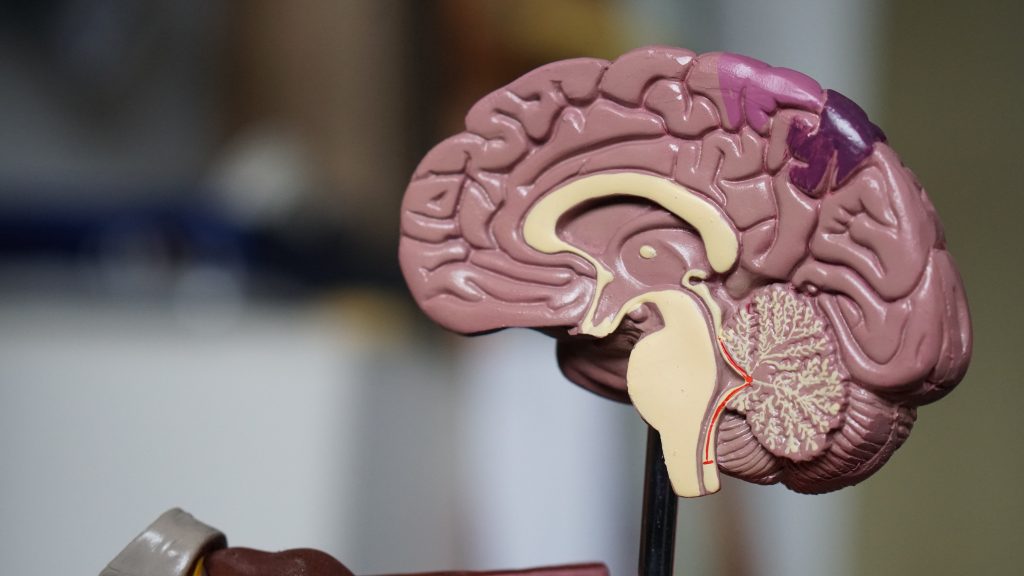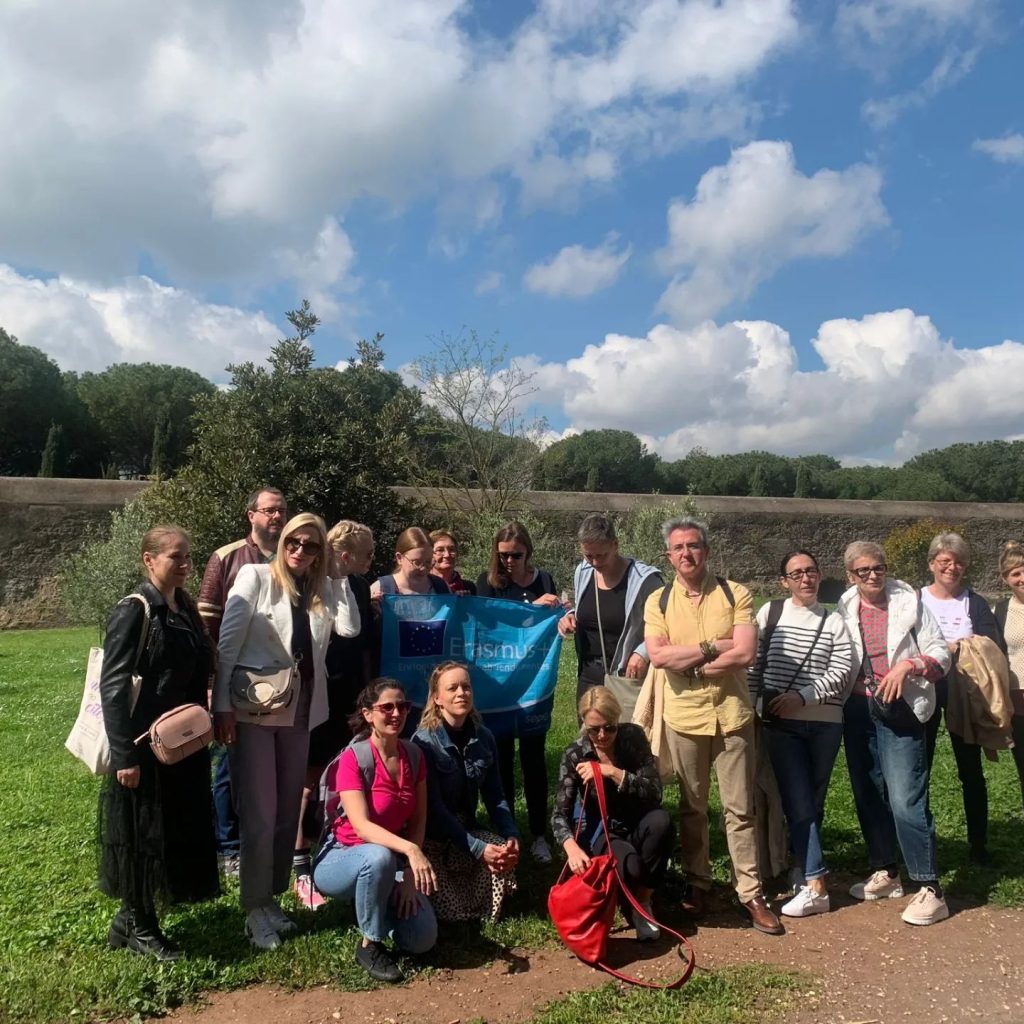So, that happened. Whether you feel the pandemic is over or not, it can’t be denied that in most respects the world has returned to ‘normal’, whatever that means. People are ‘free’ to travel and vandalise ancient monuments to their heart’s content, Donald Trump might get elected as the most powerful person in the world. Normal, indeed.
Arguably the most significant and lasting change brought about by the pandemic is what is variously being referred to by such terms as ‘the great reshuffle’. In a nutshell the way most white-collar office workers…… work, has fundamentally changed. If I may use myself as an example, before the pandemic I had one online class, and spent my days going from office to office for the most part. Now, after the pandemic, I have an average of 5 or maybe 6 ‘face to face’ classes per week, meaning the vast majority remain online. Though I don’t mind not having to commute in the early mornings and back during rush hour, my own humble teaching job is unrecognisable compared to early 2020.
For those of us lucky enough to have the choice (hilariously I read recently that Zoom has demanded their staff return to the office – Zoom!) this ‘new normal’ of hybrid working undoubtedly has more advantages than disadvantages, but one very overlooked but potentially significant downside is the impact that less socialisation & more isolation has on our brains.
I’m not kidding. A now infamous study by Wilson et al (2014) revealed that when left alone in isolation for 15 minutes 25% of women and 70% of men (I have theories as to why this is…..) would rather give themselves a mild electric shock than sit alone with their own thoughts, for 15 minutes! We are ultimately social animals and we do not take well to isolation. Of course the conditions of the Wilson et al study were an extreme case. In reality we all have smartphones in our pocket, many of us have Spotify or Netflix or whatever and almost never have to resort to just being alone with our own thoughts if we don’t want to. I respect the type that can commit to practices like the ‘dark room’, but I could never do that.
However, even looking at it from a less extreme perspective than total isolation, study after study all show the same thing – even limited isolation and lack of human interaction literally shrinks and changes parts of your brain. I don’t fully understand all the science behind it and I won’t bore you with it either, but the physical shape and structure of your brain does change in response to what we often call ‘loneliness’ and particularly ‘stress’, mainly chronic stress.
The most important aspect of this for our topic today (I’m getting there, I promise) is the region of the brain that shows the most reduction in size, the Hippocampus. If you’ve ever looked at emotional intelligence (EI) as a topic you’ll be familiar with this, as among its many purposes and functions are memory, spatial orientation, and crucially the regulation of our emotions.

The best analogy is the workout analogy. In standard social interactions we are constantly exercising our Hippocampus in multiple ways, and as the old cliché says with any kind of muscle “if you don’t use it, you lose it.” A ‘weak’ or underused Hippocampus has been shown to make people not only more stressed, but also likely to behave more aggressively. According to Tomova (2020) we ‘crave’ social interaction in the same way we crave food when we are hungry, and if we can become ‘hangry’ when we are deprived of food (admit it, you do…..) can’t we also become……. I don’t know, ‘sangry’? Songry? Angry if we don’t socialise.
I had the pleasure earlier this year of attending a week-long ERASMUS+ training course hosted by InfoL in Rome on the subject of emotional intelligence and coaching skills for teachers. Across the week we covered topics including teacher’s competence, coaching skills for teachers, emotional intelligence, and practice of a coaching scenario; all under the tutelage of the wonderful Giamila Lapponi.
The course helped to open my eyes to how societal changes (even going back to before the pandemic) affect us in ways we might not be able to appreciate or even recognize. Consider the idea of TEOS, here meaning Talent, Environment, Opportunity, Skill. This is a model for societal expectation of success, or the requirements to be successful. The birth of remote working, digital nomads, and the like have arguably reduced the need to grow up in a suitable environment and the internet has for a long time allowed people to seek out opportunities far outside their own geographic area. All great for globalisation and personal growth, but conversely all likely to put people out of their comfort zone and into the ‘stress zone’. I could name a few career paths that don’t even require talent – influencer, billionaire/Twitter owner, (insert trendy pseudoscience or cryptocurrency here) ‘guru’.
The coaching skills portion of the course largely dealt with the soft skills required for managing student behaviour, but I would argue that the same impacts societal changes and pandemics etc have brought about equally affect us as teachers.
Closely linked to coaching skills is the primary subject of today’s article, EI. Although the theory has variously been refined, expanded, and added to, it’s still widely considered based on the work of Ekman (1992) that there are 7 ‘universal emotions’ – surprise, fear, anger, disgust, contempt, sadness, and joy. I note however that Ekman himself removed ‘contempt’ from his later work (presumably due to its similarities to disgust and anger), while other researchers and theorists suggest that only four should be considered ‘basic’ or ‘universal’ emotions – fear, anger, joy, and sadness. Whichever theory you decide works best the essential point remains the same – every universal or basic emotion has a function; each has its advantages but also disadvantages. Anger, for example, helps us survive by influencing us to fight to defend ourselves. However, the short-term thinking caused by anger also leads to interference with our goals by making us lose sight of what was important in the first place.
I chose anger as my example for a specific reason. That is, you don’t have to look much beyond human interactions via traditional media, social media, politics, whatever really, to see firsthand that so much of our narratives are driven by anger (and fear, arguably). In trying to learn and develop as human beings, we need to be open minded and able to accept things that we don’t understand. Another crucial part of understanding emotional response is that there always has to be a trigger, and understanding what leads us to feel these emotions is a key step in being able to manage them.
Our training at InfoL introduced me to the RULER model of ‘the 5 skills of emotional intelligence’, originally proposed by the Yale Centre for Emotional Intelligence. Below is my attempt at summarising each step, hopefully I haven’t oversimplified it.
R – recognise – “I’m feeling a strong emotion, is it good or bad?”
U – understand – “where does this emotion come from and what are the consequences?”
L – label/ling – “what is the name for this emotion?”
E – express – “this is the emotion I’m feeling.”
R – regulate – “now that we both know what I’m feeling, how can we manage my feelings constructively?”
The majority of the Yale Centre’s work is admittedly focused on classroom management for children, whose brains and therefore emotions are not fully developed, but I would argue that the effects of isolation have had a significant impact on us adults as well – see, to reuse an earlier example, the nature of online discourse in recent years for evidence of the lack of emotional regulation in the adult population.
Alternative models for EI include perceive, recognise, evaluate, and control; or understand, interpret, and respond. In adult education we deal with complex topics – e.g social issues, climate change, and others that can trigger strong emotional responses. Coaching comes in because it is not our responsibility to ‘teach’ or ‘lecture’ our students about their own emotions, but to guide (coach) them via tools such as active listening and open questions. Importantly we must never ask ‘why?’ as that will always sound judgemental – why is in fact a closed question with a ‘right’ or ‘wrong’ answer.
As teachers and coaches we are to support the people who trust us to help them develop, not just in their language skills, but in navigating the new normal us white collar types are living in, which seems so much like the old normal but in some ways is very different. For us teachers we are at least interacting with people all day, even if just over a computer screen, but that’s not the case for many.
As I said earlier the pandemic had real, measurable impacts on our biology. And although I admit that I haven’t been able to find any definitive answer as to how long it might take for our Hippocampus to recover (it’s influenced by many factors, not least of all age) this ‘new normal’ of the post-pandemic world means that for a lot of people they are not exercising the centre of the brain that regulates their emotions as much as they used to. Even before the pandemic changes in our society were leading to increased stress levels; or maybe that’s overstating it – at least different kinds of stress, another key impactor on our Hippocampus and ability to regulate our emotions.

Coming to terms with divisive topics in an incredibly divided world requires help, support, but also empathy – all areas that the study and practice/application of theories of EI and coaching are designed to promote. That is essentially why an awareness and understanding of our emotional lives, as a basis for coping with the challenges that surround us, is more important than ever.
Apart from the course I attended, The Bridge offers certified coaching courses in English closer to home in Slovakia. Check out a comprehensive course to grow your abilities in this essential 21st century skill under the expert tutelage of Mike Shreeve, for more info check The Bridge coaching practitioner course.
Funded by the European Union. The views and opinions expressed are those of the author(s) and do not necessarily reflect the views and opinions of the European Union or the Slovak Academic Association for International Cooperation – SAAIC. Neither the European Union nor the awarding organisation accepts any responsibility for them.
Funded by the European Union. Views and opinions expressed are however those of the author(s) only and do not necessarily reflect those of the European Union or Slovak Academic Association for International Cooperation – SAAIC. Neither the European Union nor the granting authority can be held responsible for them”.


